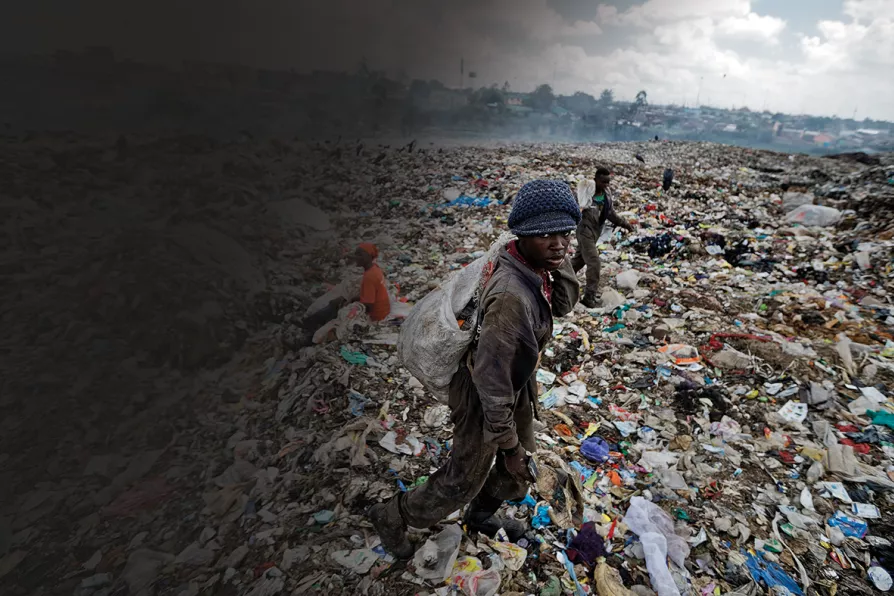John Wojcik pays tribute to a black US activist who spent six decades at the forefront of struggles for voting rights, economic justice and peace – reshaping US politics and inspiring movements worldwide


“ANTHROPOCENE” is a 21st-century word — not that it never appeared before the current century. But its wide acceptance, its broad usage is a feature of the last two decades or so.
Like its late 20th-century counterpart, “globalisation,” its currency, its popularity in social policy circles, has far outstripped any common, agreed upon understanding of its meaning.
In a very broad sense, the word “Anthropocene” could refer to the era when the appearance of Homo sapiens made an impact upon the Earth.

ISAAC SANEY points to the global stakes involved in defending the Cuban revolution against imperialism and calls for resistance

From summit to summit, imperialist companies and governments cut, delay or water down their commitments, warn the Communist Parties of Britain, France, Portugal and Spain and the Workers Party of Belgium in a joint statement on Cop30

The creative imagination is a weapon against barbarism, writes KENNY COYLE, who is a keynote speaker at the Manifesto Press conference, Art in the Age of Degenerative Capitalism, tomorrow at the Marx Memorial Library & Workers School in London

In 2024, 19 households grew richer by $1 trillion while 66 million households shared 3 per cent of wealth in the US, validating Marx’s prediction that capitalism ‘establishes an accumulation of misery corresponding with accumulation of capital,’ writes ZOLTAN ZIGEDY









